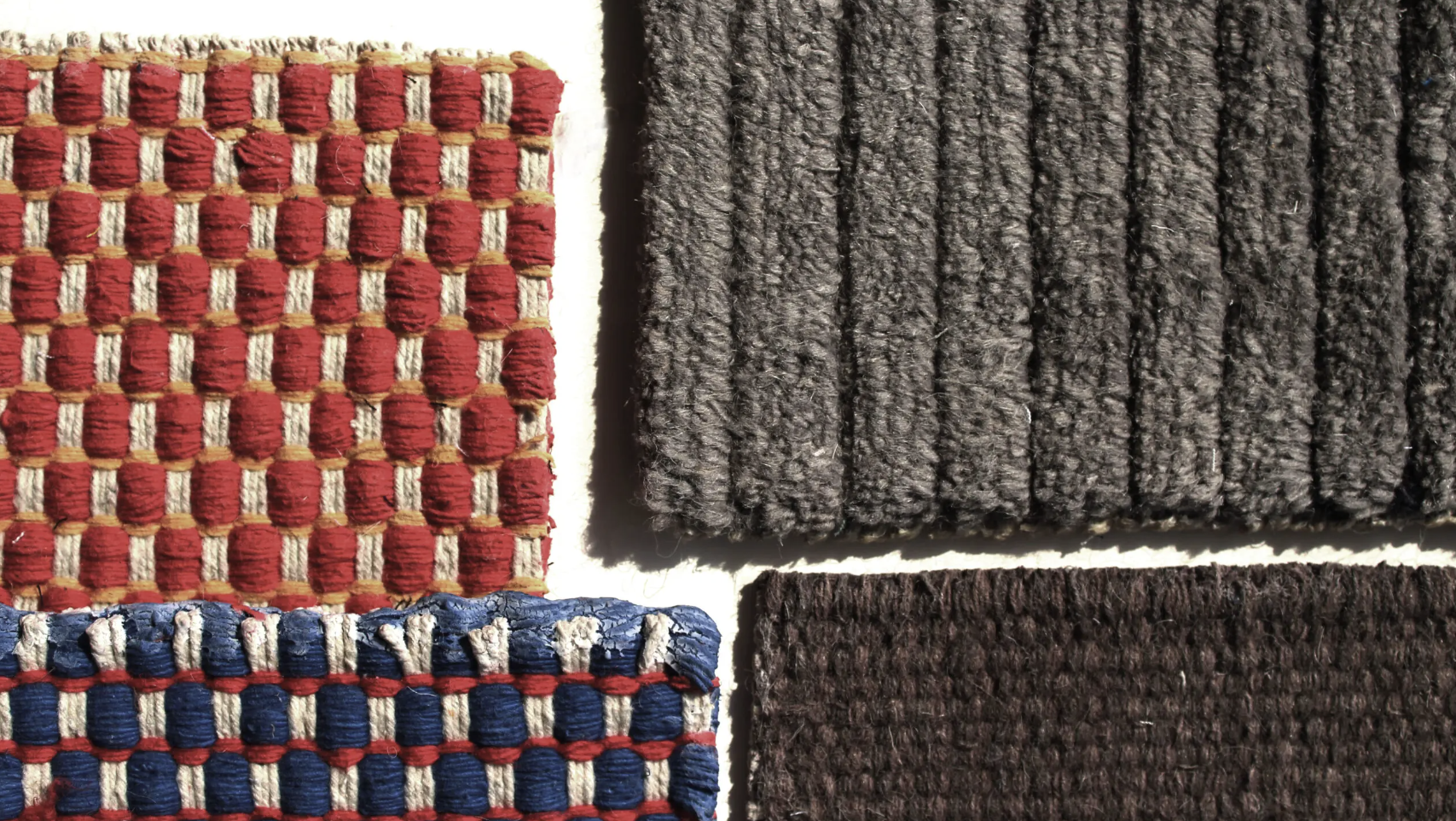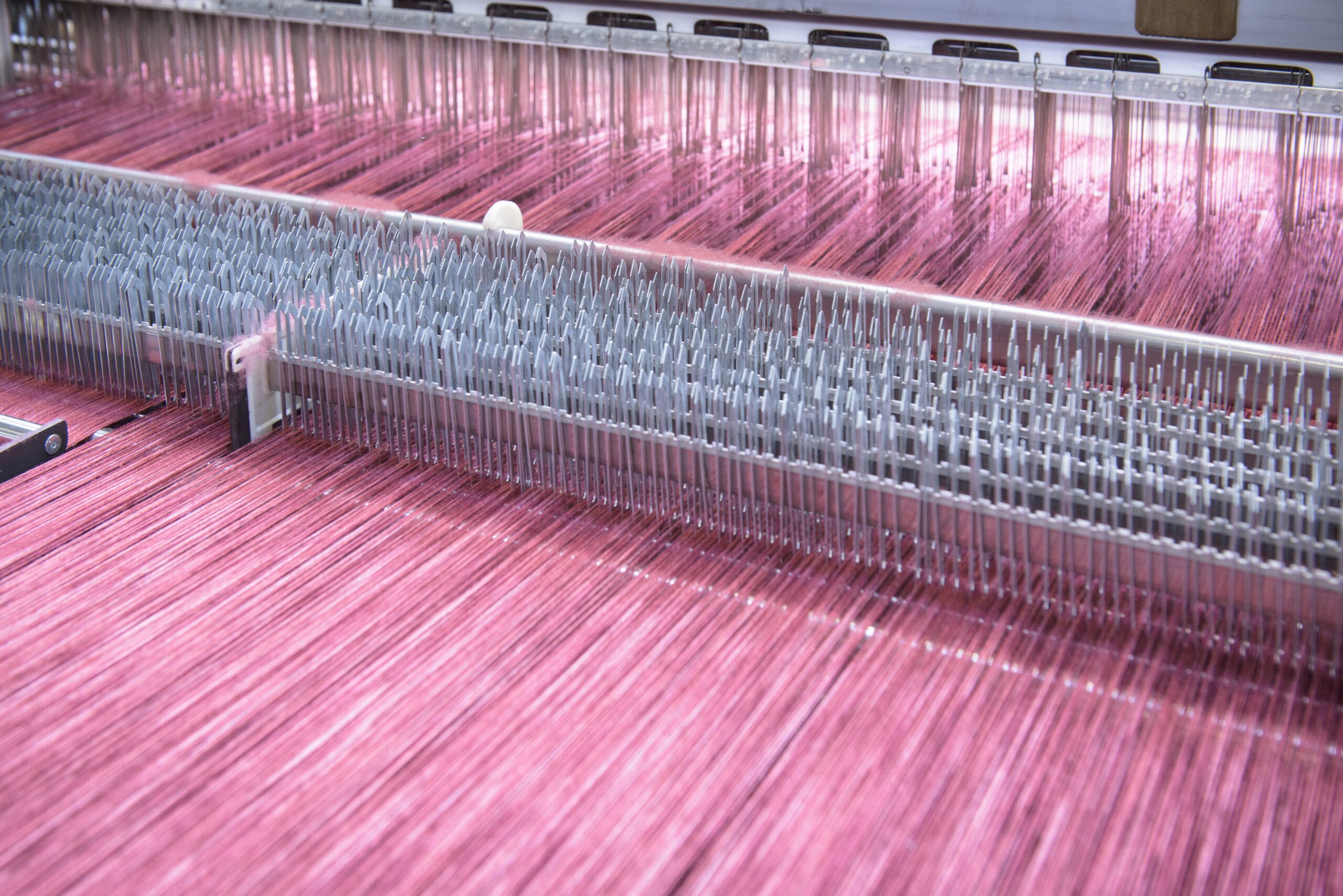
Fiber Club
Fashion for Good’s Fiber Club unites brands and innovators to fast-track the use of sustainable materials in the fashion sector. These partnerships offer brands early access to cutting-edge fibres, ensuring beneficial supply agreements and easier incorporation into their supply chains. Fiber Club aims to not only shift the cost structure but to help align brands in a very fragmented and competitive industry.
Problem Statement
Brands are facing challenges adopting next-gen materials into their collections at a commercial scale. These challenges stem from several key factors:
- Cost of producing these innovative materials often remains prohibitively high compared to conventional options, making it difficult for brands to maintain competitive pricing and viable profit margins.
- Supply chains for next-gen materials are frequently underdeveloped and inefficient, lacking the established infrastructure and streamlined processes of traditional textile supply chains.
- The research, development, and production lead times associated with novel materials are often considerably longer than those for conventional materials.
- Performance and durability of next-generation materials can present significant technical hurdles, requiring extensive testing and refinement to meet the quality standards and consumer expectations associated with established materials.
Executive Summary
Fiber Club is an umbrella initiative by Fashion for Good & selected innovators aimed at enabling faster adoption of next-gen materials, through collaborative consortia that provide brands with early and easy access to an innovator’s materials, secure supply terms, and seamless supply chain integration.
Fiber Club projects are conceptualised to offer attractive conditions for early buy-in (e.g., competitive pricing and flexible terms), enabling brands to pilot the next-gen material while tapping into the benefits that come with larger volumes. Furthermore, projects also entail developing a contained supply chain, allowing for better resource utilisation and cost efficiencies in production, as well as more certainty on future business for suppliers.
Partnership with multiple brands signals market validation, boosting the innovator’s reputation and opening doors to additional investors or collaborators. The ultimate goal of Fiber Club is to enable innovators to secure long-term offtake agreements. Originally developed and launched as ‘Fiber Club’ together with textile-to-textile recycler Circ in 2024.
Goals of the project
-
Enable brand access to bulk pricing of materials at low volumes and low to no minimum order quantities
-
Setup well-integrated and nominated supply chains strategic to brands in manufacturing regions
-
Ensure quick lead times and development times with experienced manufacturers
-
Provide access to products with the best developments and performance to date
Circ Fiber Club
Textile-to-textile recycler Circ has launched ‘Fiber Club’, a new collective in partnership with Fashion for Good and Canopy, aiming to accelerate the adoption of recycled materials and shift the cost structure within the textile industry. This initiative brings together leading brands like BESTSELLER, Eileen Fisher, Everlane, and Zalando, alongside supply partners Arvind, Birla Cellulose, and Foshan Chicley. The ‘Fiber Club’s’ debut fibre is Circ’s lyocell staple fibre, with plans to expand the range of materials available.
Altmat Fiber Club
Following positive momentum from previous collaborations through its Fiber Club, we are now working with Altmat, a pioneering developer of agricultural waste-based textiles, with the support of supply chain partners Adalberto, Arvind, Bhaskar Denim, Jindal Textiles, Maharaja Shree Umaid Mills Ltd, Positive Materials, Sambandam Spinning Mills Limited, Shahi, Sutlej Textiles and Industries Limited, Vrijesh Natural Fibre & Fabrics (India) Pvt. Ltd. Through this new partnership with Altmat, brands benefit from early access to materials, technical guidance for integration, and the opportunity to pioneer products made from agricultural waste-derived textiles.
Fiber Club Partners
Relevant Resources

In Conversation with Altmat: Natural fibre made from agricultural residue

In Conversation with Circ: The Innovator Turning Textile Waste into New Materials

Journey to Scale: Circ

Unlocking the Trillion-Dollar Fashion Decarbonisation Opportunity
The fashion industry is at a pivotal moment in its journey toward sustainability. With greenhouse gas emissions contributing significantly to global climate change, urgent action is needed to decarbonise supply chains. This report, developed by Fashion for Good in collaboration with the Apparel Impact Institute, outlines existing and innovative solutions to reduce emissions, unlock financing opportunities, and create a pathway to net zero by 2050. Through deep industry insights and financial analysis, this report serves as a guide for brands, manufacturers, policymakers, and investors committed to driving meaningful change.

Financing the Transformation in the Fashion Industry: Unlocking Investment to Scale Innovation
The fashion industry is at a critical juncture. With sustainability commitments and innovation accelerating, the challenge remains in scaling breakthrough solutions. This report, developed by Fashion for Good in collaboration with Boston Consulting Group, delves into the financial mechanisms needed to drive transformation and bring innovative solutions to commercial scale. By addressing key investment barriers and highlighting actionable pathways, this report serves as a call to action for stakeholders across the value chain to collaborate and unlock capital for meaningful impact.

The Great Unlock: closing the innovation commercialisation gap through project finance solutions
The fashion industry stands at a crucial juncture, with innovation paving the way for a more sustainable future. Over the past decade, we have witnessed significant strides in brand commitments, regulatory frameworks, and technological advancements. However, despite these positive trends, scaling these innovations remains a formidable challenge. “The Great Unlock” explores the essential role of project finance as a key enabler in bridging the commercialisation gap, ensuring that groundbreaking solutions can transition from concept to industry-wide implementation.

Fashion for Good And Altmat To Accelerate Adoption of Next-gen Fibres Through Altag® Fiber Club
Other Projects

The Next Stride: Bio-based Materials for Footwear Soles
“The Next Stride: Bio-based Materials for Footwear Soles” aims to validate the performance and environmental impact of bio-based polymers as sustainable alternatives to the fossil fuel-derived materials currently used in footwear soles. The objective is to collectively de-risk the transition to these “next-generation” materials by rigorously testing their technical properties and assessing environmental benefits. Ultimately, the purpose is to accelerate the adoption of these bio-based solutions and pave the way for a more sustainable footwear industry.

Beyond50 Denim: Combining Cottonised Hemp And Green Chemistry
“Beyond50 Denim: Combining Cottonised Hemp And Green Chemistry” aims to validate the performance and environmental impact of cottonised hemp processed with green chemistry to act as a true alternative to cotton in denim applications. The project goal is to evaluate the performance of SEFF’s cottonised hemp fibre in combination with Fibre52’s bio-friendly chemistry solution within denim fabric applications with a total hemp content of 50% and above. The fabrics will be benchmarked against conventional 100% cotton denim with a specific focus on handfeel and aesthetic characteristics.

Price Parity Toolkit
The Price Parity Toolkit (PPT) was designed to help bridge the price gap between next-gen* and conventional materials. Developed by Fashion for Good with the support of Canopy, this industry-supported framework introduces a financing mechanism that decouples price premiums at early stages of the supply chain to enable adoption and drive the scale of lower-impact materials.












